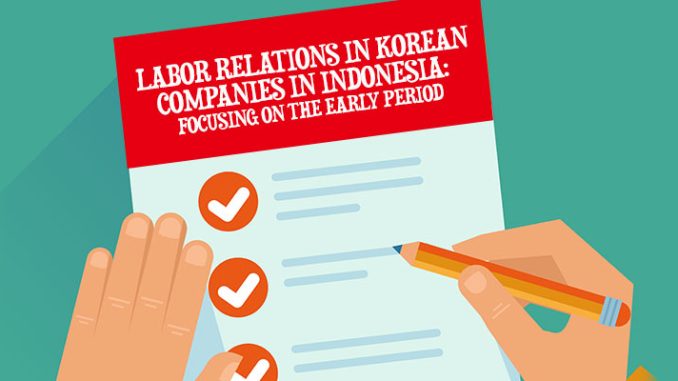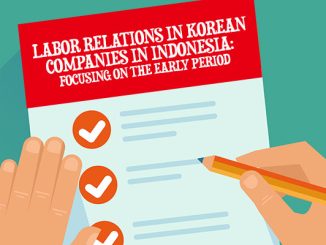
Issue 11 Mar. 2011
Labor Relations in Korean Companies in Indonesia: Focusing on the Early Period
Kyoto Review of Southeast Asia. Issue 11 (March 2011). Southeast Asian Studies in Korea 1. Foreign Investment and Labor Issues Since the late 1980s, Korean firms have begun to aggressively invest abroad following the process […]

